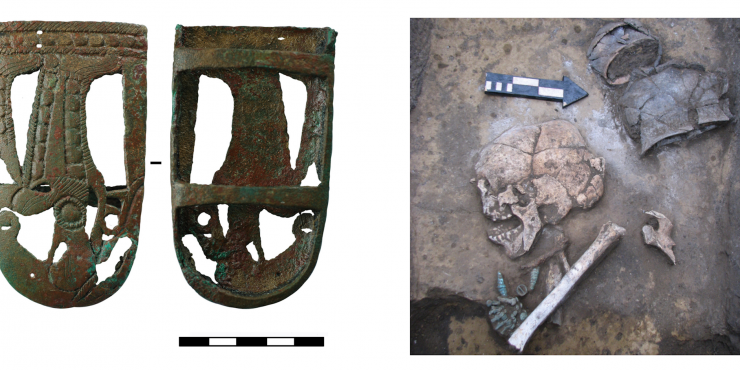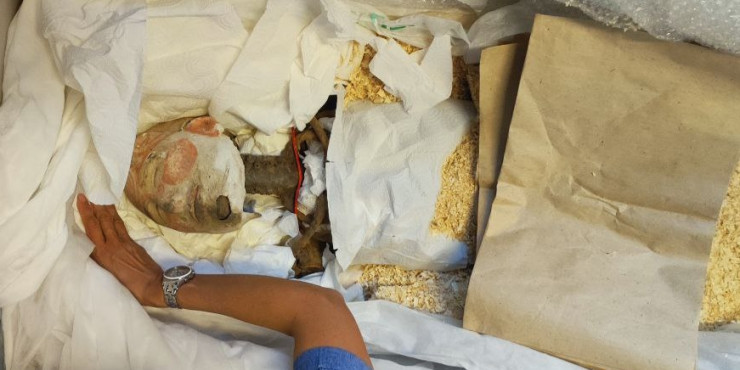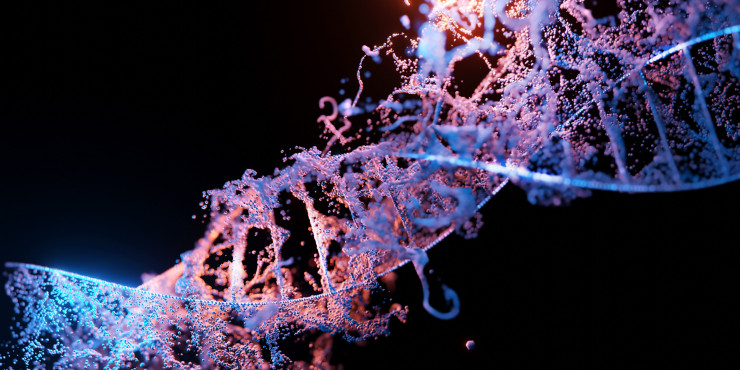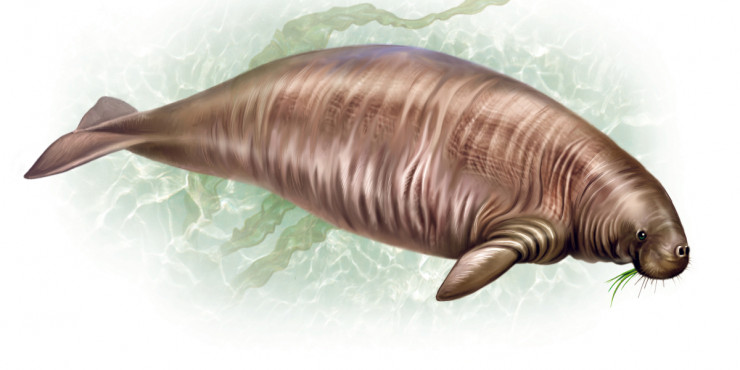Artem Nedoluzhko has organized a special issue on evolutionary genomics in the journal BMC Genomics
15.10.2024
Artem Nedoluzhko, scholarly director of the Laboratory of Paleogenomics at the European University, and Professor Antonio Baeza of Clemson University (USA) have organized a special issue for young researchers devoted to evolutionary genomics.








